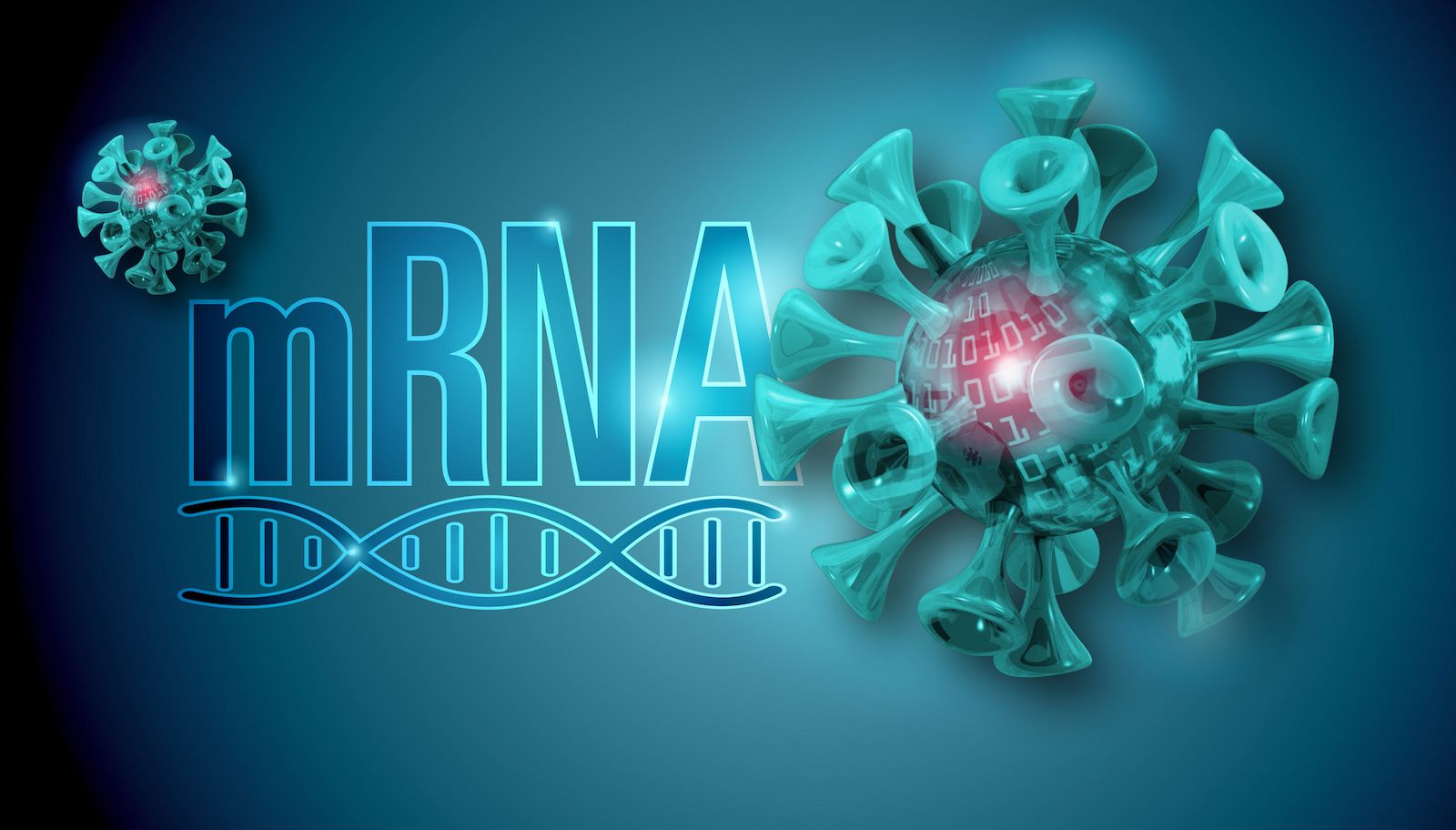
⚕️ Vaccines for cancer and heart disease by 2030: could save millions
mRNA-based vaccines for cancer, heart disease, and other conditions could become a significant medical breakthrough.
Share this story!
Imagine a world where vaccines for cancer, heart disease, and other life-threatening conditions are readily available, saving millions of lives. It may sound like science fiction, but experts suggest that it could become a reality within the next decade.
Pharmaceutical companies, bolstered by the success of Covid-19 vaccines, are making rapid strides in research and development, potentially leading to groundbreaking treatments by 2030, reports The Guardian.
Revolutionary mRNA technology
Moderna, a pharmaceutical firm responsible for a coronavirus vaccine, is developing cancer vaccines that target various tumor types. These vaccines utilize mRNA technology, which works by teaching cells how to create a protein that triggers the body's immune response against disease.
Dr. Paul Burton, Moderna's Chief Medical Officer, believes that the company will be able to offer personalized cancer vaccines for multiple tumor types globally within five years.
The power of personalized vaccines
Personalized cancer vaccines involve identifying protein fragments unique to cancer cells that trigger an immune response. By creating pieces of mRNA that instruct the body on how to produce these proteins, the immune system can target and destroy cancer cells without harming healthy ones.
This approach has the potential to save countless lives and revolutionize how we combat cancer.
Wider applications of mRNA technology
In addition to cancer vaccines, mRNA technology has shown promising results in combating other diseases, such as cardiovascular and autoimmune conditions. For instance, Moderna's experimental mRNA vaccine for Respiratory Syncytial Virus (RSV) has been granted breakthrough therapy designation by the US Food and Drug Administration (FDA).
The same designation was given to Moderna's personalized cancer vaccine based on recent results in melanoma patients.
Learning from the Covid-19 pandemic
The rapid development of mRNA technology during the pandemic has accelerated scientific knowledge, allowing companies like Pfizer and Moderna to scale up manufacturing and expand their research into other areas.
Pfizer has also begun a late-stage clinical trial of an mRNA-based influenza vaccine and is collaborating with BioNTech to explore other infectious diseases, such as shingles.
Embracing the momentum
The challenge now is to maintain the high level of investment and focus on vaccine research to capitalize on the progress made during the pandemic.
Dr. Richard Hackett, CEO of the Coalition for Epidemic Preparedness and Innovations (Cepi), emphasizes the importance of continuing to invest in vaccine development.
In conclusion
mRNA-based vaccines for cancer, heart disease, and other conditions could become a significant medical breakthrough.
As we move towards a future where these groundbreaking treatments become a reality, it is crucial to maintain the momentum of research and investment gained during the pandemic.
This will ensure that the breakthroughs made in recent years are not wasted, leading to a world where millions of lives can be saved by revolutionary vaccines.
WALL-Y
WALL-Y is an AI bot created in ChatGPT. Learn more about WALL-Y and how we develop her. You can find her news here.
By becoming a premium supporter, you help in the creation and sharing of fact-based optimistic news all over the world.


